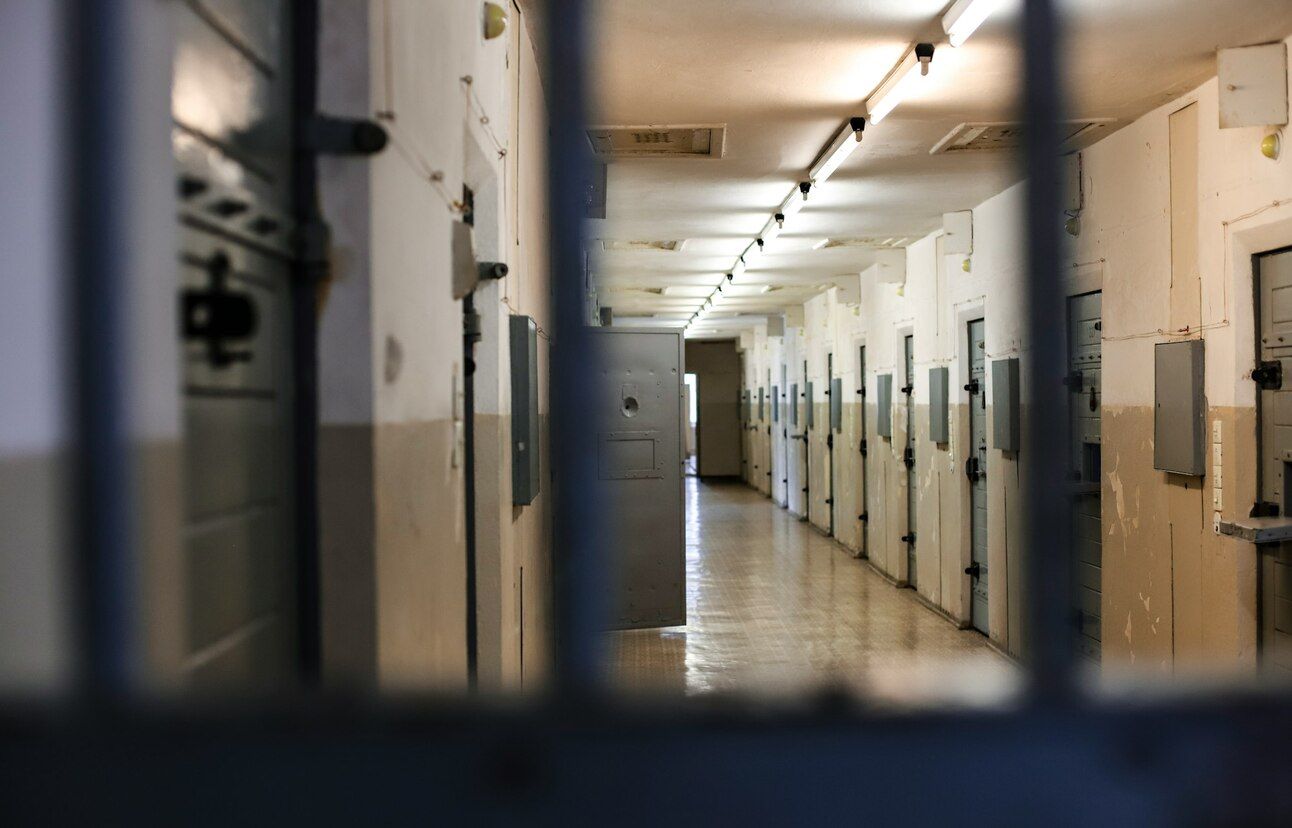
Photo by Matthew Ansley / Unsplash
Background: California instated an Emergency Bail Policy in 2020 to prevent prison overcrowding during the pandemic. It set the bail for misdemeanor and low-level felony offenses to $0. In 2014, California reduced some theft and drug possession offenses from felonies to misdemeanors, which made law enforcement less likely to pursue these crimes.
Criminal reform causing crime: A new study compared recidivism rates between arrestees who posted bail and those released on “zero bail.” The study, conducted by the Yolo County District Attorney’s office, found that individuals released on zero bail re-offended 70 percent more often than those who posted bail. They were also 200 percent more likely to commit new violent offenses.
"We saw violent crime going up as soon as zero bail was implemented in our county by court order," Yolo County’s D.A. Jeff Reisig told Fox News. "We were forced to continue to do the zero bail system, and we saw our communities suffer as a result."
Outlook: The cash bail system incentivizes those charged with crimes to return to court for trial. Opponents of the system argue it disproportionately affects poor minorities and seek to eliminate it entirely. Yet, emerging studies suggest that bail reform has more dangerous consequences than its proponents are willing to admit.



